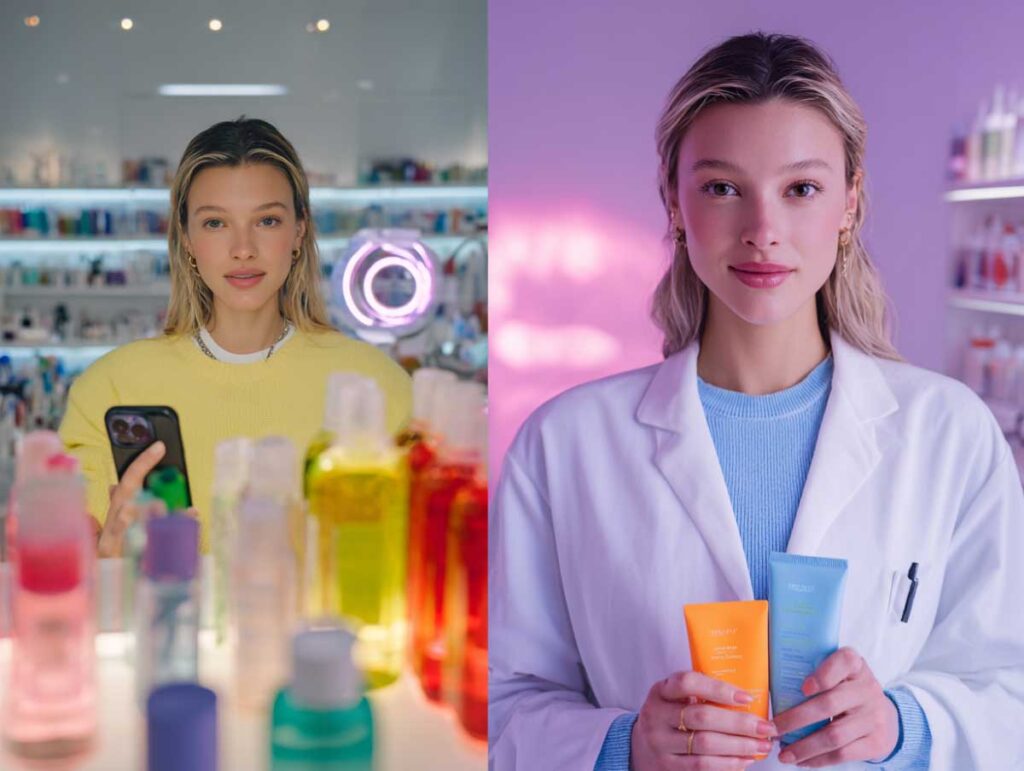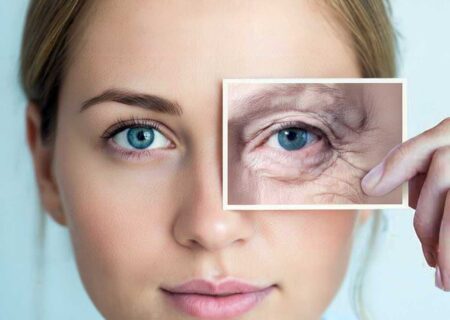Let’s be real: most of us have, at some point, bought a beauty product just because someone on TikTok or Instagram swore it changed their life. I’ve been there too, scrolling late at night, watching a dewy-faced influencer apply a serum with aesthetic packaging and thinking, “Should I be using that too?”
But lately, dermatologists are speaking up, and what they’re saying might make you rethink that impulse buy.
The Rise of Social Media Skincare
Platforms like Instagram, TikTok, and YouTube have created a beauty boom that’s hard to ignore. Especially among teens and young adults, skincare has become more than just cleansing and moisturizing. It’s now about 12-step routines, viral ingredient trends, and trying the “next big thing” before anyone else.
Dr. Başak Yalçın, a board member of the Turkish Society of Dermatology, recently shared concerns about the growing number of young patients showing up at clinics with irritated skin, many of them influenced by what they see online.
“We see this clearly in patients who come to our clinics,” she says. “Social media promotes many skincare products through influencers, and young people feel pressure to use them—even when it’s unnecessary.”
Most Young Skin Doesn’t Need That Much
This is one of those things I wish someone had told me earlier: if you’re young and your skin is healthy, you probably don’t need all those extra serums, toners, masks, and spot treatments. According to Dr. Yalçın, the basics, cleansing and sun protection are often enough.
“A young and healthy skin usually only needs simple cleaning and regular sun protection,” she explains.
In fact, overdoing it with actives like retinol, AHAs, or even Vitamin C can do more harm than good. The American Academy of Dermatology (AAD) echoes this sentiment, warning that using too many products, especially without understanding their ingredients, can lead to breakouts, redness, eczema, and even long-term sensitivity.
More Products, More Problems?
And here’s the kicker: many influencers don’t actually know what’s in the products they recommend. A lot of them aren’t skincare professionals. Their glowing skin might have more to do with lighting, filters, or genetics than the actual products.
Dr. Yalçın says she’s seen a noticeable rise in acne, redness, pigmentation, and eczema caused by unnecessary or misused skincare products, particularly among young people.
“There is a kind of bullying going on via social media, especially toward young women, pushing them to look a certain way in the name of beauty,” she warns.
This kind of pressure doesn’t just affect the skin. It chips away at self-esteem and can lead to anxiety, distorted body image, and social withdrawal. The British Skin Foundation has also raised concerns about how skincare marketing on social media affects teens’ mental health and confidence.
It’s Not About You, It’s About Sales
This part might sting a little. But Dr. Yalçın didn’t hold back:
“The main purpose of these recommendations is commerce. It’s a marketing campaign disguised as personal advice.”
Influencer promotions are often paid partnerships. That doesn’t mean the influencer is lying, but it does mean their primary job is to sell. Many young people don’t realize this, and that’s where things can get misleading.
In a 2024 JAAD International commentary, dermatologists Nguyen, Khan, and Gracey stress that transparency on social media is non-negotiable. If a skincare post does not clearly disclose sponsorship or downplays potential side effects, consider it a red flag.
So, What Should You Do Instead?
If you’re feeling overwhelmed or unsure where to start with skincare, here’s my friendly, no-fluff advice:
- Stick to the basics: Cleanser, moisturizer, and sunscreen are more than enough for most people under 25.
- Introduce one new product at a time: So you can spot what’s helping (or hurting).
- Patch test, always. Especially with strong actives or new brands.
- Talk to a dermatologist. Even a one-time consultation can save your skin (and your wallet).
- Unfollow accounts that make you feel bad about your natural skin. Your feed should inspire you, not pressure you.
Final Thoughts
The skincare world is fun, and trying new products can be exciting, but it shouldn’t come at the cost of your skin’s health or your mental well-being. Influencer recommendations might be trendy, but your skin isn’t a trend. It deserves thoughtful, personalized care.
So the next time someone on TikTok says you need that $80 serum, pause. Ask yourself: Is this really for me, or is it just good marketing?
Trust me, your future skin will thank you.
More on Blufashion
- Rx For Brown Skin Reviews
- 5 Best Face Oils You Should Use Every Day
- The Future of Skincare Biotechnology
- 3 Benefits of Skin Brightening Serums






